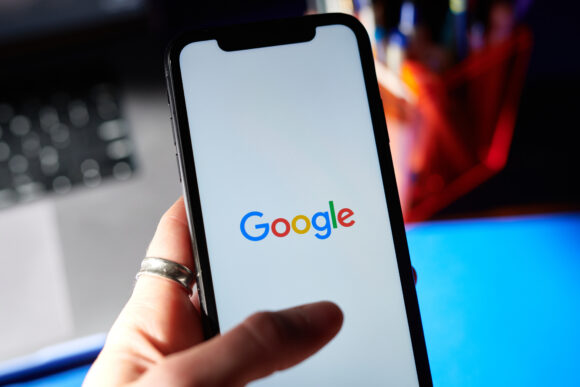Google is endorsing a bill that would require people filing lawsuits to disclose who will be paying for – and profiting from – the litigation.
The bill, introduced last week by California Republican Representative Darrell Issa, would require plaintiffs to reveal any investors who could make money based on the outcome of a case. It would also require parties to disclose the financing agreement between investors and those involved.
Related: Court Orders Start to Expose ‘Startling’ Data on Litigation Funding Sources
“Excessive litigation driven by third-party investors is going to inherently raise costs for American companies as well as consumers,” said Google’s general counsel, Halimah DeLaine Prado, in an interview.
Google’s support adds more heft to corporate America’s ongoing efforts to force more disclosure around “litigation financing,” a $15.2 billion industry in which investors pay for lawsuits in order to profit from any financial settlement or award.
Large companies like Alphabet Inc.’s Google are often the target of lawsuits funded by private investors, particularly about issues such as patents and copyright.
“Investor-backed entities, including those that are backed by sovereign wealth funds, can actually use the courts to go after key technologies developed by American companies,” DeLaine Prado said.
The US Chamber of Commerce, which is backed by the country’s largest companies, also endorsed the legislation, saying in a statement last week that it will “protect the integrity of our judicial system.”
Supporters of litigation financing say the practice helps improve access to the justice system for those who couldn’t afford to go to court otherwise.
Google, Amazon.com Inc., and more than 100 other companies signed on to a letter earlier this month calling on the administrative office for the US courts to require litigation finance disclosures in federal civil cases.
Recent investigations by Bloomberg Law revealed a Chinese firm was behind a string of intellectual property lawsuits in US courts and an investment firm founded by Russian billionaires with ties to Vladimir Putin has financed lawsuits around the world.
US industry groups including the Chamber of Commerce have long opposed investor-backed litigation funding, which first rose to prominence in Australia, where lawyers aren’t allowed to take percentages of awards or settlements, but funders are.
In the US, with its legions of plaintiff’s lawyers and firms, funders have often been relegated to roles as lenders, though they’ve been involved in some high-profile cases. Burford Capital, perhaps the best-known litigation funder, bought shareholder rights to claims against the Argentine government over a 2012 nationalization and won a $16 billion judgment last year, though it’s struggled to collect the money.
There have also been instances in which wealthy investors backed lawsuits for personal or political reasons, as with Peter Thiel’s financing of Hulk Hogan’s lawsuit against Gawker, which was shuttered after its parent company filed for bankruptcy because of the litigation.
Top photo: The Google logo on a smartphone arranged in New York, US, on Tuesday, July 16, 2024. Google parent Alphabet Inc. is in talks to acquire cybersecurity startup Wiz Inc., according to a person familiar with the matter.
Was this article valuable?
Here are more articles you may enjoy.


 Founder of Auto Parts Maker Charged With Fraud That Wiped Out Billions
Founder of Auto Parts Maker Charged With Fraud That Wiped Out Billions  LA County Told to Pause $4B in Abuse Payouts as DA Probes Fraud Claims
LA County Told to Pause $4B in Abuse Payouts as DA Probes Fraud Claims  Hackers Hit Sensitive Targets in 37 Nations in Spying Plot
Hackers Hit Sensitive Targets in 37 Nations in Spying Plot  Uber Jury Awards $8.5 Million Damages in Sexual Assault Case
Uber Jury Awards $8.5 Million Damages in Sexual Assault Case 